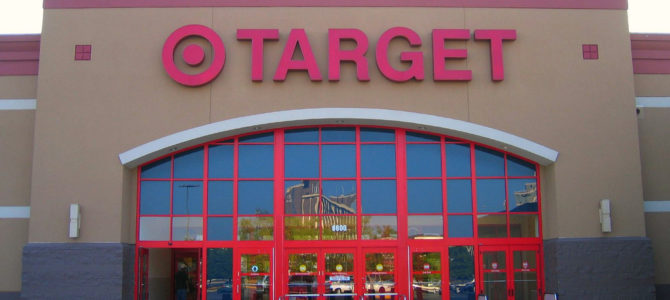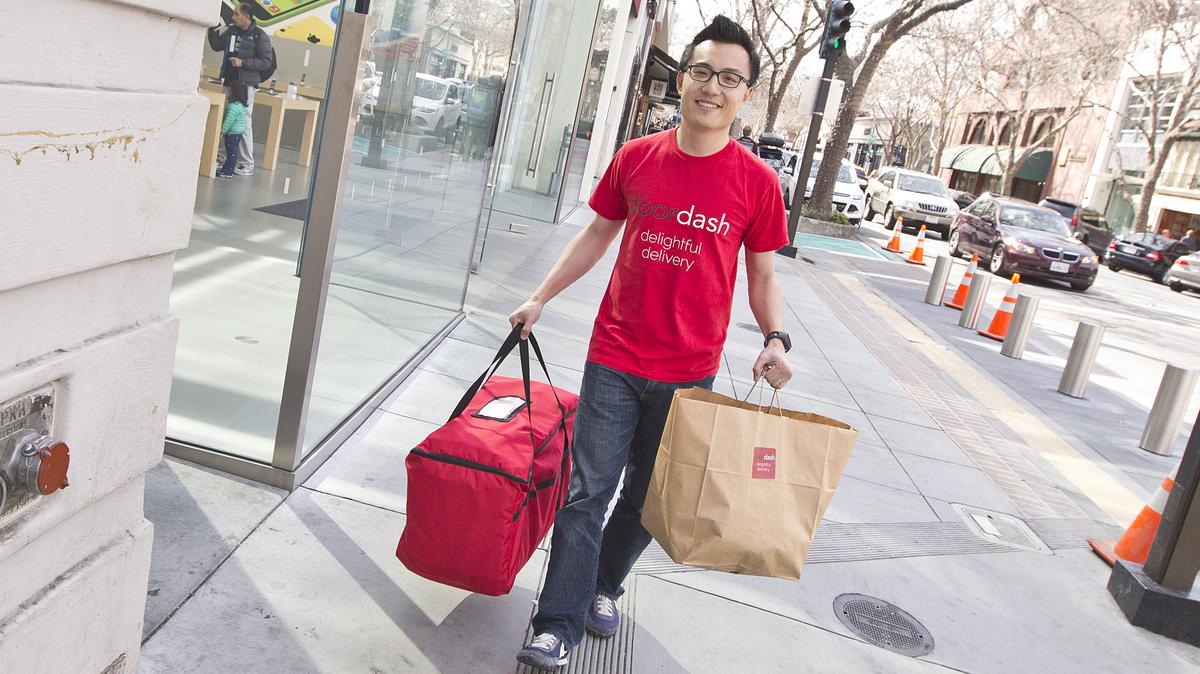
Here’s a little thought experiment.
You’ve been asked to rate two major national retailers on their corporate gay friendliness: Target and Walmart. Regardless of your politics and ideology, play along in the spirit of the exercise. Which would you rate higher? Which should be told to try harder? There are fabulous prizes if you get it right, so think carefully.
Click here to see if you won.
Why did every one of you get such an easy question so wrong? Well, the folks at the Human Rights Campaign—the largest, best-funded, and most powerful gay lobby in the world—tell us why in their 2017 Corporate Equality Index. For the last 15 years, the Index has annually judged and reported on leading national and transnational companies, earning gold stars for their pro-LGBT corporate policies.
Not surprising, Target got a two-thumbs-way-up rating from HRC. Of course they did: Big Red stuck its neck out at great financial and reputational cost to open up access to their lady’s bathrooms and changing rooms to any men who might want to enter.
How did Walmart do? Of course, they got gob-smacked for holding firm to essentially the same policy the state of North Carolina held last year. HRC, in this very report, strongly denounces that policy as “discriminatory” and “dangerous” to LGBT people. Despite that, however, Walmart received the same 100 percent gay-friendly rating as Target. Yes, that’s a head scratcher.
How Can Target And Walmart Both Get Perfect Scores?
First, let’s review just what “100 percent” means. One couldn’t have done any better at being gay- and trans-friendly. It means both Target and Walmart equally hit the top, rung the bell, rocked the Casbah on the matter. It means they met every single non-discrimination policy and criteria set out by the HRC.
So, how could Walmart and Target both receive a 100 percent rating while having two very different bathroom and changing room facility policies—not to mention Target’s cherry-on-top gender-neutral toy department? Of course, this is the elephant-in-the-room question, given that degendering bathrooms was unarguably the biggest LGBT beachhead last year.
The answer is simple. HRC didn’t include trans-bathroom access as an essential LGBT right in its corporate index and it never has. Never. The topic only received a brief mention in this year’s entire report and was listed as merely optional. This, given their report explicitly ensures us,
The HRC Foundation continually examines the criteria and gathers input to guide the future of the criteria [for our ratings]:
- The changing landscape of legal protections for LGBT employees
and their families, both federally and from state to state, and
- Emerging best practices to meet the needs of LGBT employees and
ensure that LGBT employees are treated fairly in the workplace.
Trans Bathroom Access Isn’t Yet Considered ‘Best Practice’
This year’s report, and any prior report, does not consider trans-bathroom access to be a “best practice” in treating LGBT employees fairly in the workplace. Should this omission earn them angry rebukes and name-calling from the glitterati? Should they receive boycotts from massive corporations, such as was rained down upon North Carolina? There’s little meaningful difference between North Carolina saying gender neutral bathrooms are not allowed in state-owned buildings, and the biggest gay advocacy group saying they are not really required. HRC is much too careful and sophisticated for this to be a mere oversight.
What’s more, this year’s report has an entire section listing criteria changes and adjustments for coming years’ reports. No bathroom policy is among them. This, despite their boast that “the most significant progress in the [Corporate Equality Index 2017] has been the wide-scale adoption of transgender inclusive initiatives across businesses.”
Seriously? What does it say to trans folks that the “fundamental right” and “personal dignity” of bathroom access we’ve heard so much about was not worthy of inclusion in their “wide-scale” criteria? Insult to injury. The trans community can only feel stiffed once again by HRC.
What if it’s merely an honest oversight? This is certainly possible, given that these things being termed “fundamental human rights” for LGBT people are being created so quick and freely that it’s impossible to keep up with them. Access to transgender surgery has only been presented as a right in the past few years. Our time’s most forward thinking minds—eminent law experts such as Bill and Hillary Clinton and Barack Obama—only recently realized that gay marriage was an inherent constitutional right essential for human dignity. HRC seems yet to appreciate the same regarding bathrooms.
But who can really blame them? When an ideology is making things up as it goes along, it’s easy for anyone to get confused.









